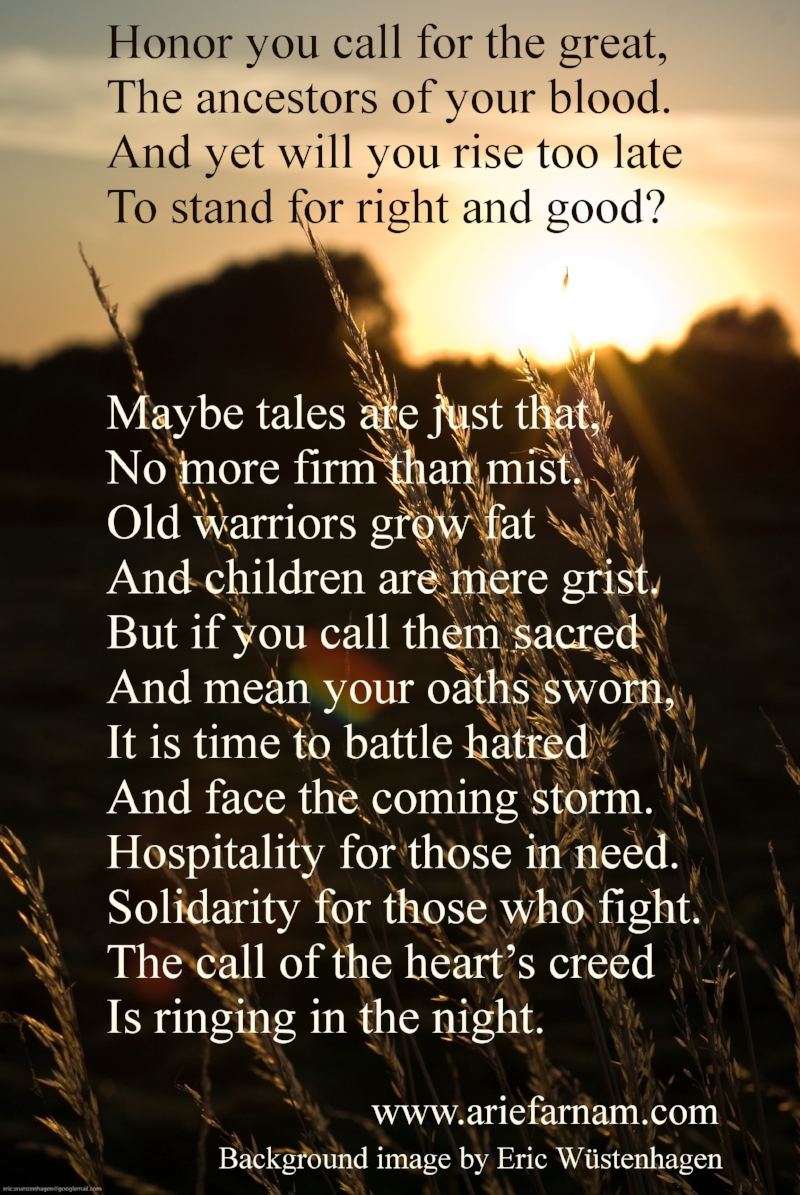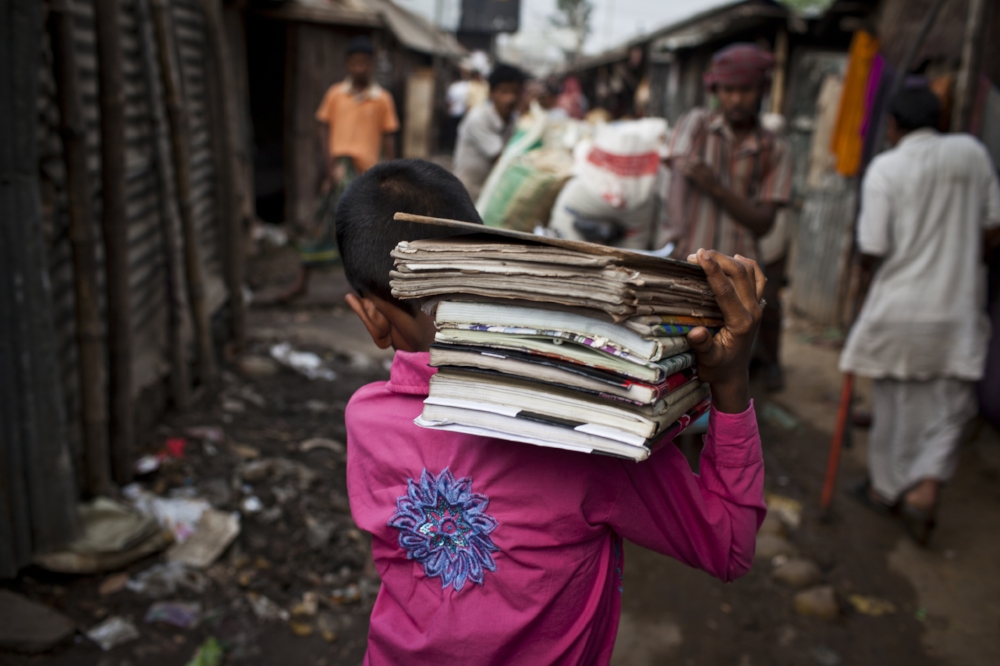Of Lughnasadh and solidarity
/Over a plastic table at the university grill I laid out my case to two prominent members of the student government counsel about why we should show solidarity with low-income students as drastic cuts in federal financial aid were proposed.
"That's exactly the problem!" one of the young men glaring at me across the table snapped. "That word."
What word? I combed back through my carefully prepared argument, trying to figure out what faux pas I might have committed in word choice.
The other young man must have believed my expression of blank confusion. "Solidarity," he said. "That word makes you sound like a communist."
That was more than twenty years ago and it was the first time I heard that "solidarity" is considered a bad word. Unfortunately, that has not changed over the decades.
Even today as progressives are making the word “socialism” halfway respectable, I still don’t hear this more personal term.
Solidarity isn’t charity and it isn’t socialism. It is much closer to the Pagan concept of hospitality. It means aid and comfort offered to the cold, the hungry, the wounded, the outcast and those whose harvest was poor last year or for many years, not out of pity but out of a deep understanding of our interconnection.
We are always saying that earth-centered spirituality is a big tent and we have very little if any common ground to base any solidarity on. And yet we all recognize "Paganism" when we see it, so there must be something that binds us.
Is it our acknowledgement of multiple gods of many different names and conceived of in as many different ways but still with suspiciously similar attributes across the world? Is it our yearning for something authentic, ancestral and rooted? Is it our understanding that the earth, not some man on a cloud, is the true giver of our daily bread?
Many of us with European roots wish to be acknowledged as a tradition en par with Native American, African or Hindu traditions that share these bits of common ground with us. But at the same time so many Pagans insist that politics and with it all social justice concerns have no place in our faith.
How so? What of that hospitality you speak so highly of? What of gratitude for your metaphorical harvest? What of your desire for native peoples around the world to acknowledge you as honorably seeking out your own ancestral connection?
What could the values of Lammas and Lughnasadh, the gratitude and the hospitality toward others possibly mean in today’s world that has been divorced from the land and agriculture, if not solidarity with those who have had hard luck, whether that meant being born in a war-torn and impoverished country or having less opportunity to obtain a secure living in our own country? What could it mean if not sharing what we have to ensure that the earth survives for another cycle of time?
You can claim with truth that we Pagans all believe different things. We do. We are vastly different. The words, the traditions and even our core beliefs diverge.
But if you hold some tradition of Lughnasadh or Lammas or even one comparable under some other name, then it is time to match your deeds to your prayers and libations. Paganism is either real beyond your ritual circle or it is merely the teenage game some have accused us of.
I offer a poem for Lughnasadh and Lammas on the subject of solidarity:
Not to bow to sloth and greed
Nor to build walls of hate
Did Lugh ensure the seed
Or the Norns weave our fate.
You who claim the gods of old,
Who were silenced by crime,
Can least afford to turn cold
To those outcast in our time.
Honor you call for the great,
The ancestors of your blood,
And yet will you rise too late
To stand for right and good?
Odin wandered as it's told
In the guise of hard luck.
And Brigid of flame and gold
Always for justice struck.
Maybe tales are just that,
No more firm than mist.
Old warriors grow fat
And children are mere grist.
But if you call them sacred
And mean your oaths sworn,
It is time to battle hatred
And face the coming storm.
Hospitality for those in need.
Solidarity for those who fight.
The call of the heart’s creed
Is ringing in the night.



















